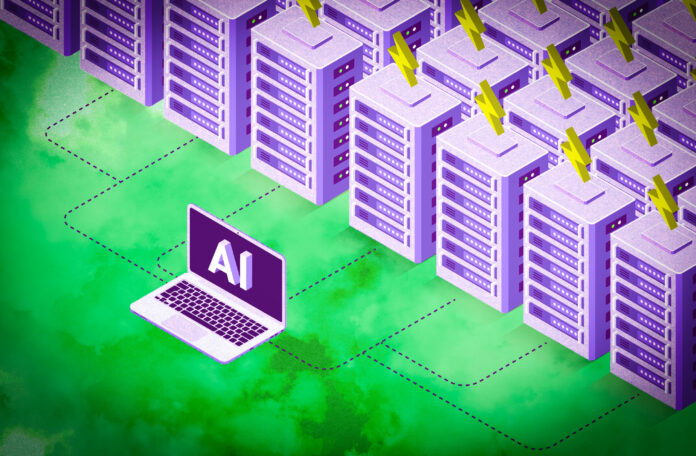The Environmental Impact of Generative AI
The excitement surrounding the potential benefits of generative AI is undeniable. From improving worker productivity to advancing scientific research, the possibilities seem endless. However, the environmental consequences of this technology remain a concern. In this article, we will explore why generative AI is so resource-intensive and what experts are doing to reduce its carbon footprint.
What is Generative AI?
Generative AI refers to a type of artificial intelligence that can generate new content, such as text, images, or music. This technology has enabled rapid deployment of powerful models in many industries, but it comes with a significant environmental cost. The computational power required to train generative AI models can demand a staggering amount of electricity, leading to increased carbon dioxide emissions and pressures on the electric grid.
The Environmental Consequences of Generative AI
The environmental consequences of generative AI are far-reaching. The production and deployment of this technology require massive amounts of energy, water, and other resources. Data centers, which are used to train and run deep learning models, are a major contributor to the environmental impact of generative AI. These facilities consume large amounts of electricity, which is often generated by fossil fuels, leading to increased greenhouse gas emissions.
Data Centers and Energy Consumption
Data centers are temperature-controlled buildings that house computing infrastructure, such as servers, data storage drives, and network equipment. The rise of generative AI has dramatically increased the pace of data center construction, with companies like Amazon building over 100 data centers worldwide. Each of these data centers consumes a significant amount of energy, with some estimates suggesting that the power requirements of data centers in North America increased from 2,688 megawatts to 5,341 megawatts in just one year.
Water Consumption and Hardware Production
In addition to energy consumption, data centers also require large amounts of water for cooling. It is estimated that for every kilowatt hour of energy a data center consumes, it needs two liters of water for cooling. The production of computing hardware, such as graphics processing units (GPUs), also has significant environmental impacts. The fabrication process for GPUs is complex and energy-intensive, and the transportation of these devices contributes to greenhouse gas emissions.
The Impact of Generative AI on the Environment
The environmental impact of generative AI is not limited to energy consumption and water usage. The production and deployment of this technology also contribute to electronic waste, pollution, and other environmental problems. The rapid obsolescence of generative AI models means that companies must constantly update their hardware and software, leading to a significant amount of waste.
The Need for Sustainable Development
The development and deployment of generative AI must be done in a sustainable way. This requires a comprehensive consideration of the environmental and societal costs of this technology, as well as a detailed assessment of its benefits. Experts argue that a more contextual approach is needed to understand the implications of generative AI and to develop strategies for reducing its environmental impact.
Conclusion
The environmental impact of generative AI is a significant concern that must be addressed. While the benefits of this technology are undeniable, its production and deployment require massive amounts of energy, water, and other resources. To reduce the carbon footprint of generative AI, experts must develop sustainable strategies for its development and deployment. This includes increasing energy efficiency, reducing water consumption, and promoting the use of renewable energy sources. By working together, we can ensure that the benefits of generative AI are realized while minimizing its environmental impact.

